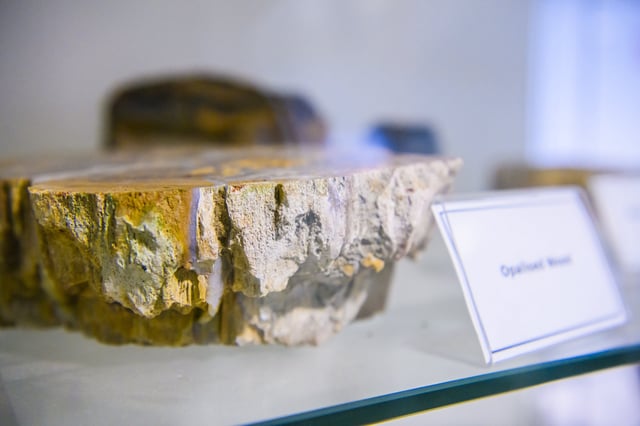Overview
- A study published in *Nature* confirms that Earth's first crust, formed 4.5 billion years ago, naturally developed the chemical signature of modern continental crust without plate tectonics.
- Researchers used mathematical models to demonstrate that the protocrust's unique chemical features were established during core formation and early meteor bombardment.
- The findings challenge long-standing theories that subduction zones were necessary for forming the chemical fingerprint of continental rocks.
- Meteor impacts and early crustal movements played a significant role in reshaping the protocrust, contributing to the formation of Earth's first continents.
- This discovery provides a new framework for understanding continent formation on other rocky planets, offering insights into planetary evolution.

